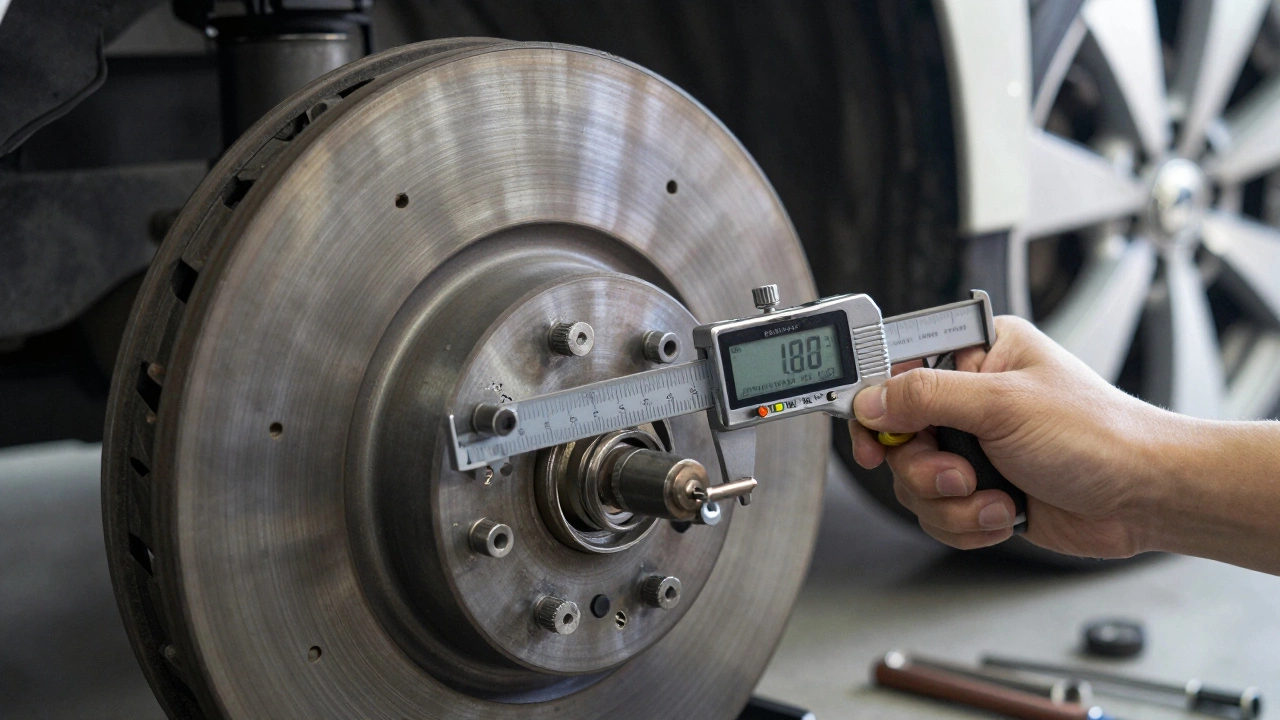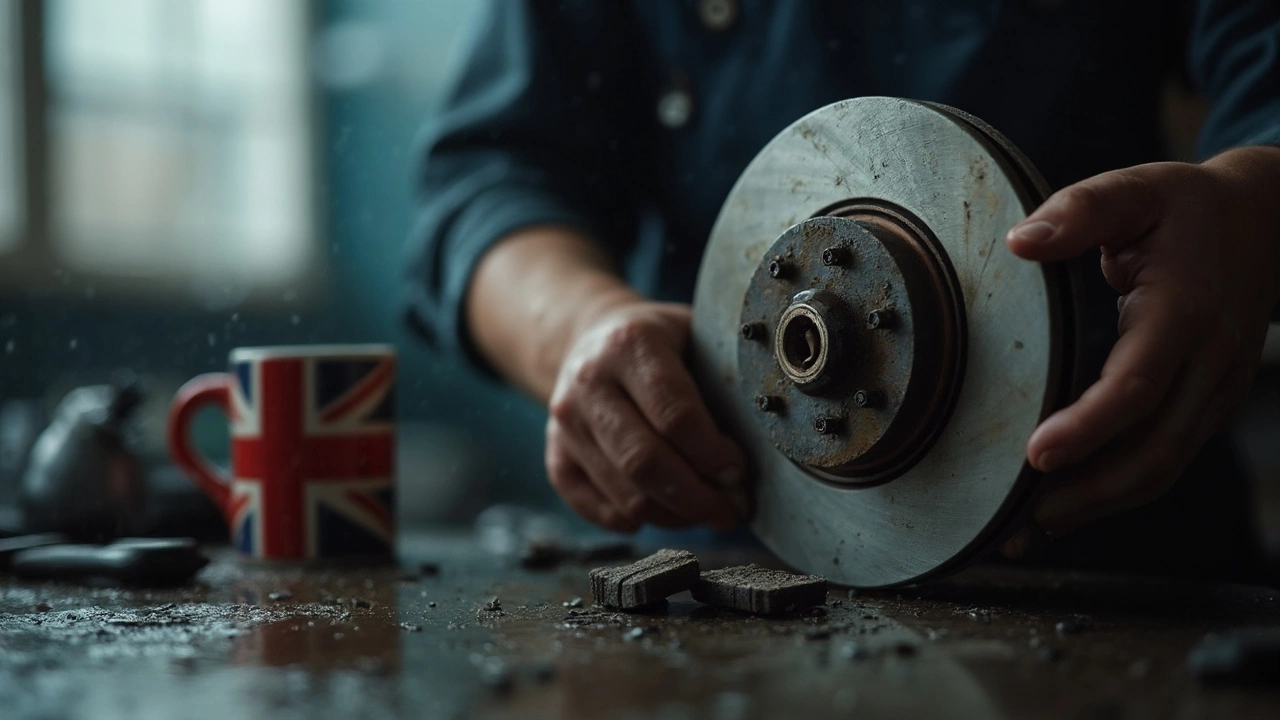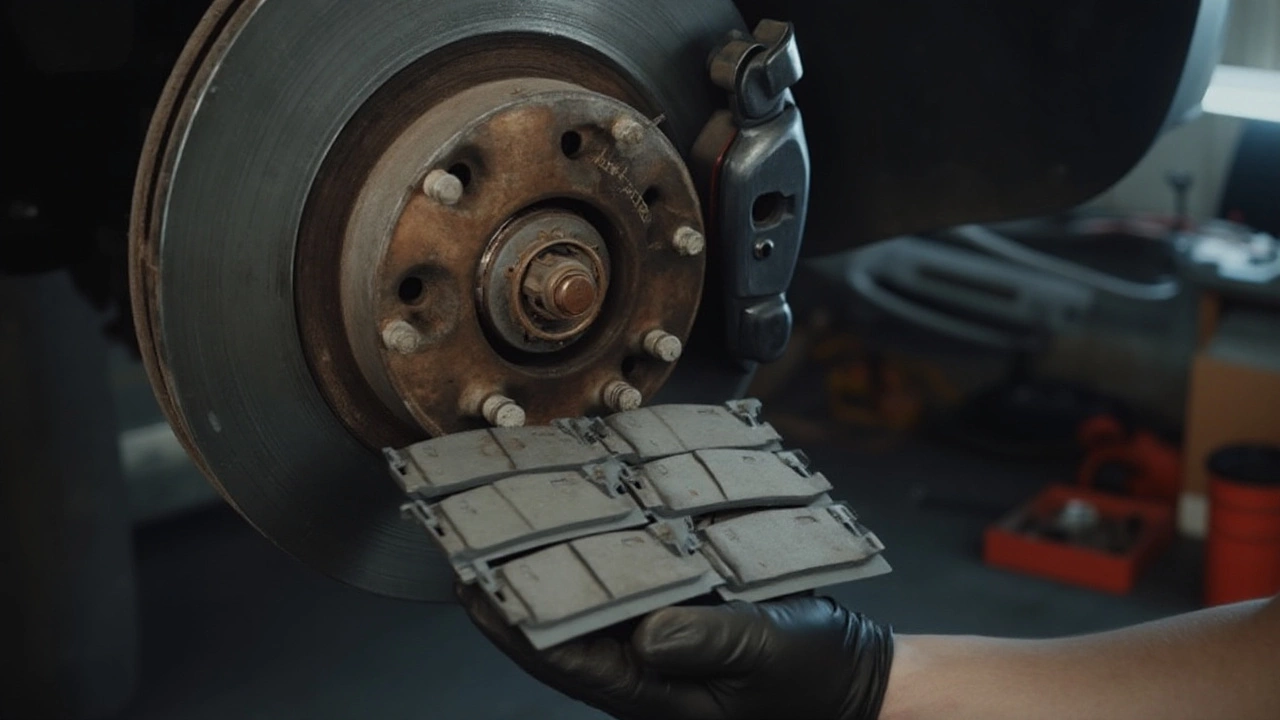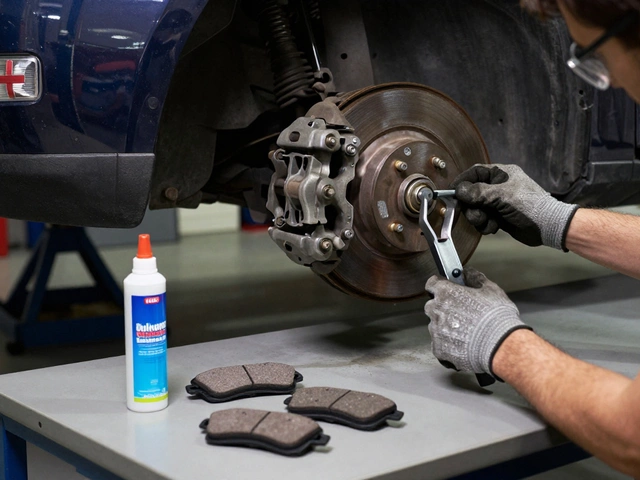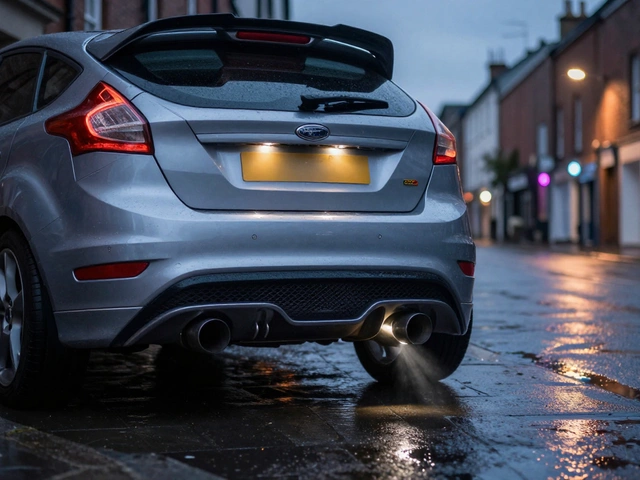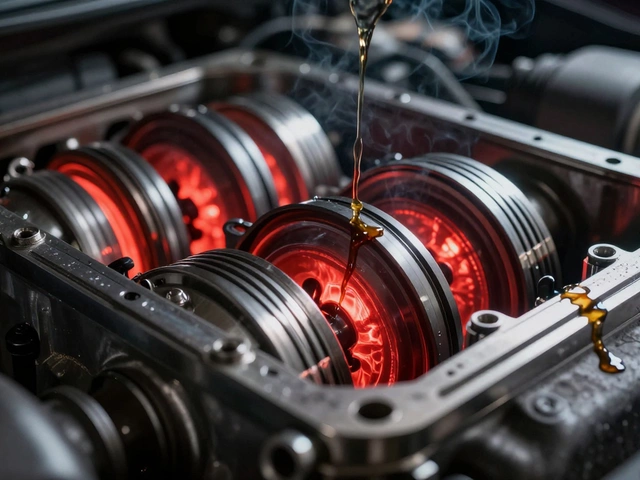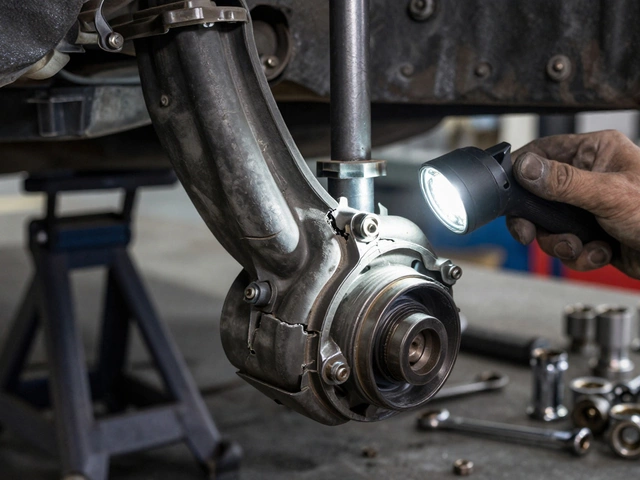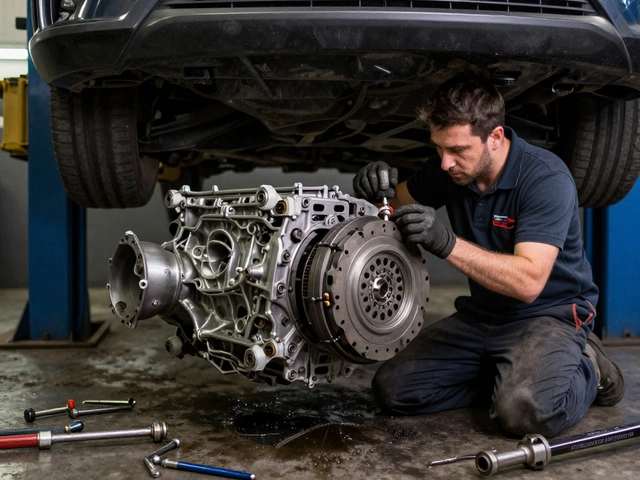Brake Replacement: Signs, Costs, and What You Need to Know
When your brake replacement, the process of installing new brake pads, rotors, or other components to restore stopping power. Also known as brake service, it's one of the most critical maintenance tasks for your car's safety. Ignoring worn brakes isn't just expensive—it’s dangerous. You don’t need to wait for screeching noises or a warning light to act. Many drivers don’t realize their brakes are failing until it’s too late. The truth? Brake pads wear down slowly, and rotors can get warped without you noticing until your car pulls to one side or the pedal feels spongy.
Brake replacement isn’t just about swapping out pads. It often involves checking or replacing brake rotors, the metal discs that the brake pads clamp down on to stop the car. Some people try to save money by skipping rotor replacement, but if they’re grooved, cracked, or too thin, new pads won’t work right. And if you’re replacing pads, it’s smart to inspect the brake system, the full set of components including calipers, lines, fluid, and sensors that work together to stop your vehicle. A leaky line, sticky caliper, or old brake fluid can ruin a fresh set of pads in weeks.
How do you know it’s time? If your car vibrates when you brake, if you hear a grinding sound like metal on metal, or if the brake pedal feels softer than usual, those aren’t just annoyances—they’re red flags. You might also notice longer stopping distances, especially at highway speeds. Some drivers think brakes last 50,000 miles, but that’s just an average. If you drive in the city with lots of stop-and-go traffic, your brakes could need replacing by 30,000 miles. Heavy loads, aggressive driving, or wet climates also speed up wear.
Costs vary, but a basic brake pad replacement usually runs between £100 and £250 per axle. Add rotor replacement, and you’re looking at £200 to £400 per axle. Resurfacing rotors might seem cheaper, but it’s often a short-term fix—most shops now recommend full replacement because new rotors last longer and stop better. Don’t fall for the myth that you can skip rotors every time. If your rotors are worn past the minimum thickness, no amount of resurfacing will make them safe.
And here’s something most people miss: brake fluid. It absorbs moisture over time, which lowers its boiling point and can cause brake fade. Most manufacturers recommend flushing the brake fluid every two years. If your last fluid change was five years ago, even new pads won’t perform as they should.
What you’ll find below isn’t just theory. We’ve pulled together real guides from drivers who’ve been there—how to tell if your rotors are done, whether you can skip replacing them, what signs mean trouble, and how to avoid being overcharged. These aren’t generic tips. They’re the exact checklists and cost breakdowns people in Stevenage use when they walk into our shop. Whether you’re thinking of doing it yourself or just want to know what to ask your mechanic, this collection gives you the facts without the sales pitch.
